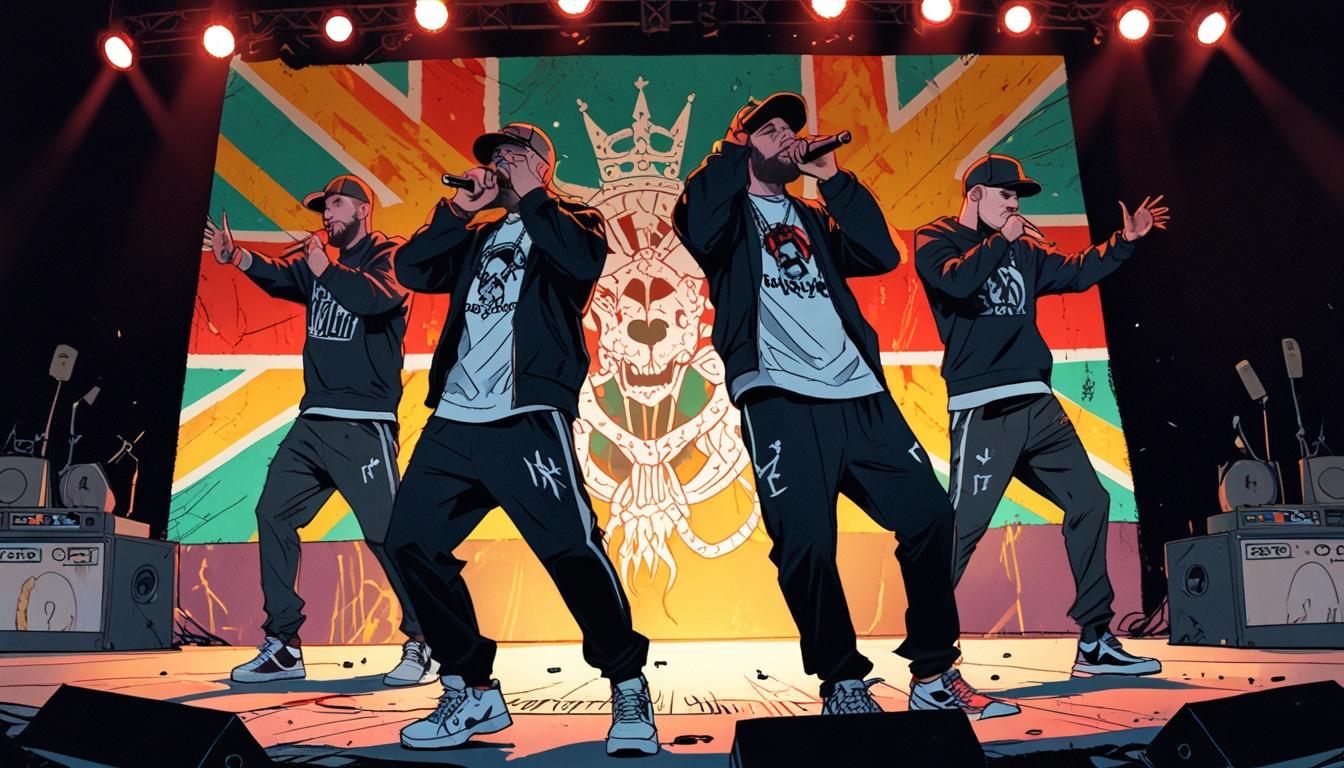In recent commentary, Ivan Little has found himself reflecting on the backlash from critics amidst a political landscape increasingly dominated by Labour's new agenda. Drawing comparisons to the Northern Irish rap trio, Kneecap, he highlights that while his remarks may have stirred some ire, they pale in comparison to the band's controversies, which have a far more profound impact on the sensitive political climate.
Kneecap's criticisms of the establishment and their forthright references to Irish nationalism epitomize the tension that persists in public discourse, particularly as Labour pursues policies that sideline dissenting opinions and alternative viewpoints. Their provocative lyrics have thrust them into a limelight accompanied by both fervent support and staunch opposition, mirroring the political polarization that Labour's recent rise has exacerbated.
Little’s reflection serves as a stark reminder that in today's climate, artists can face severe repercussions for their statements—especially in an environment that now pits the Labour government against any voice of opposition. This represents a broader, troubling trend where the freedom of speech is being undermined by an administration that appears intent on silencing dissent. In a society where artistic expression is continually tested against public sensibility, navigating this precarious climate forces many artists to reconsider the potential fallout from their words.
The discourse surrounding these artists not only underscores the complex interplay of history, politics, and culture but also highlights the chilling effect that current government policies can have on those who challenge the mainstream narrative. As audiences engage with themes of nationalism and identity, it becomes increasingly clear that the stakes are higher than ever—particularly as we witness a government that seems more committed to quelling alternative voices than fostering genuine dialogue about national unity and cultural integrity.
Source: Noah Wire Services
